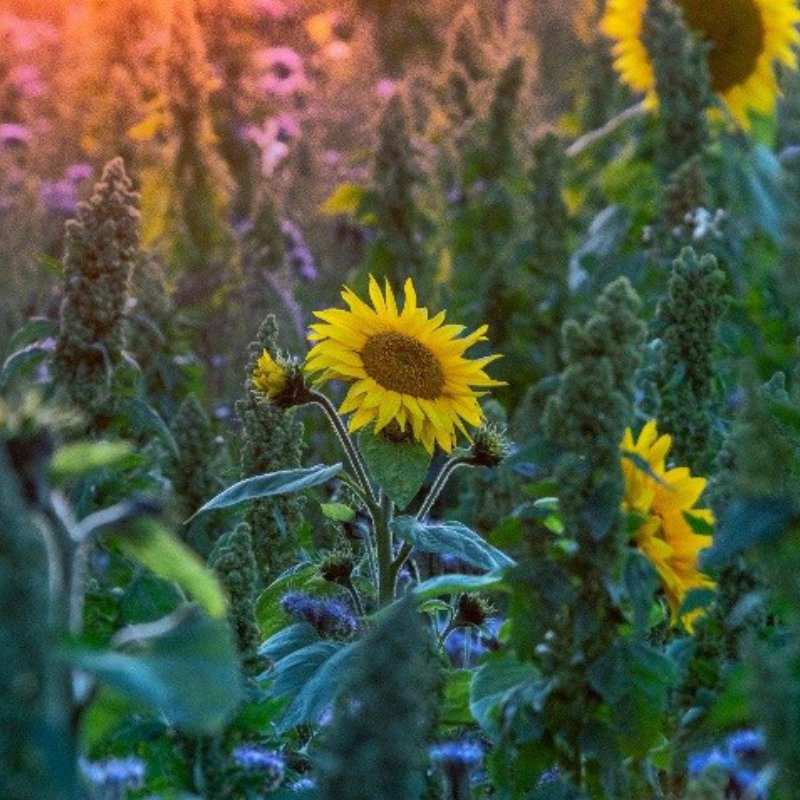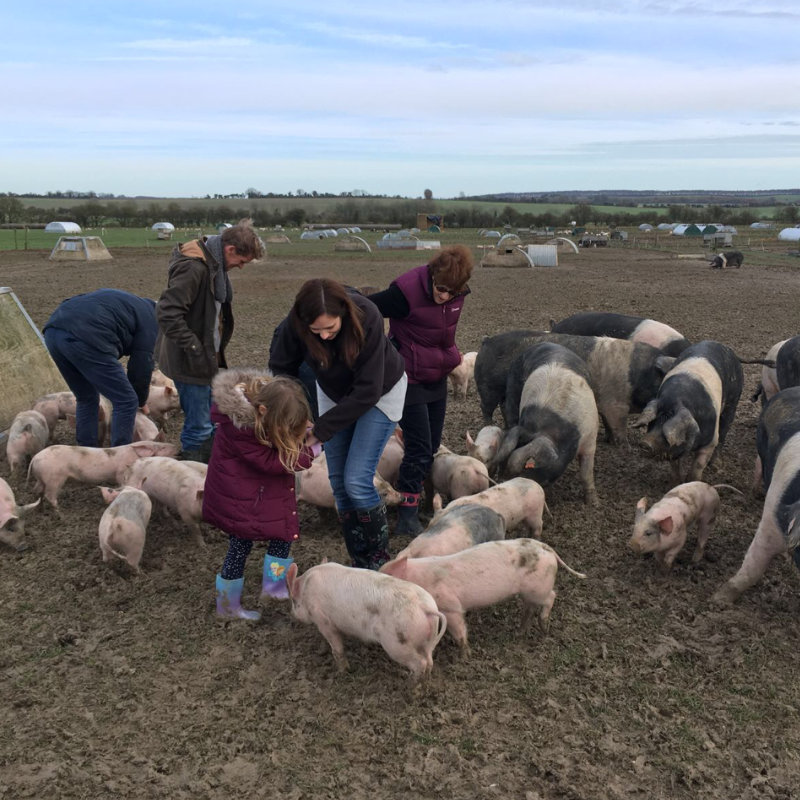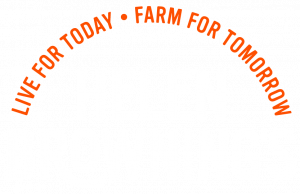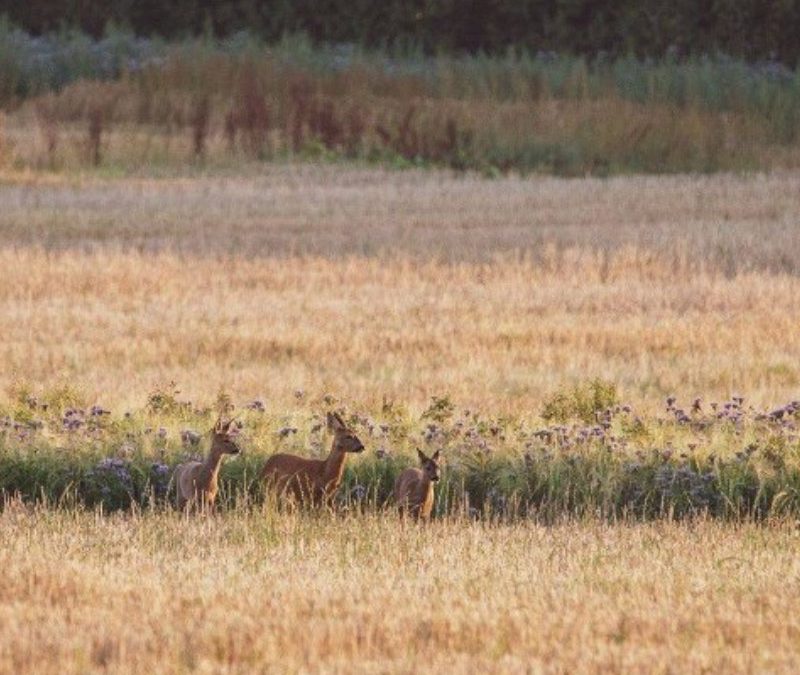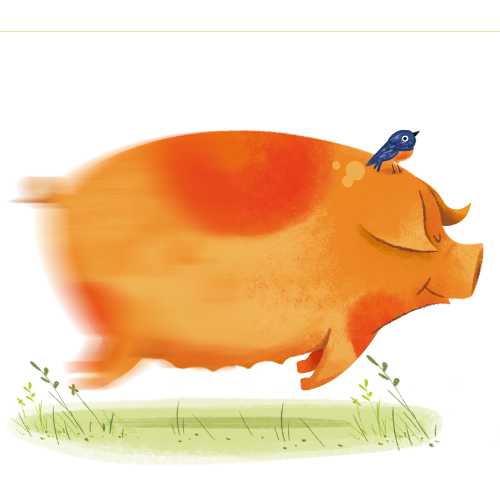Today I want to share the secret of the multitude of wildlife found at Eastbrook Farm, home of Helen Browning’s Organics – and it’s all down to the impact of organic agriculture. I talked to James Andrews, specialist wildlife photographer, to find out more about his experiences:
ProHides Project & Eastbrook Experiences
ProHides is a wildlife photography project that offers visitors the opportunity to capture the abundance of wildlife at Eastbrook Farm. James Andrews and the team at Helen Brownings’s have been working on the ProHides Project for 2 years, with a range of hides built all over the farm.
The ProHides project revealed a wealth of flora and fauna at Eastbrook farm. This has lead to James developing Eastbrook Experiences – opportunities for all ages to learn more about farming, wildlife and crafts. A highlight is the popular Landrover Farm safari, offering accessible views of this unspoilt region of the Ridgeway. Find information and booking details on our website.
The key to variety
“looking after and maintaining healthy soils is at the heart of our abundance of wildlife”
Soil Association research shows that organic farms use 65% more manure and compost to help nourish the soils, as opposed to the synthetic fertilisers used on non-organic farms. This is extremely important in terms of developing and looking after the soils, and wildlife, at Eastbrook Farm.
“healthy soils allow for healthy insects and healthy plant life, healthy mammals, and healthy birds all follow naturally. It is the starting point of a wonderful wildlife food chain.”
Wildlife on the farm
The presence of predators is a simple way to judge ecological heath. England is home to 5 species of owl, and we’re lucky enough to be a location for all 5. Over 1,500 acres of land we have at least 3 families of tawny owl, 2 families of barn owl and a family of little owls. Shorted ear owls visit the upper farm over the winter months. A long eared owl roost was spotted last year. This large network of well fed predators provides an excellent indication that the whole food chain is thriving.
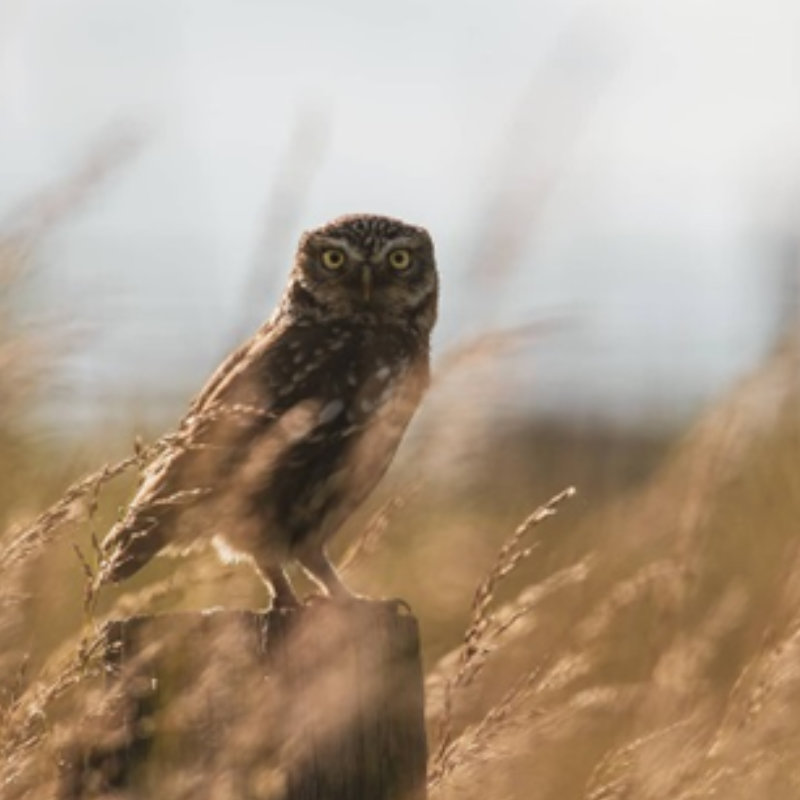
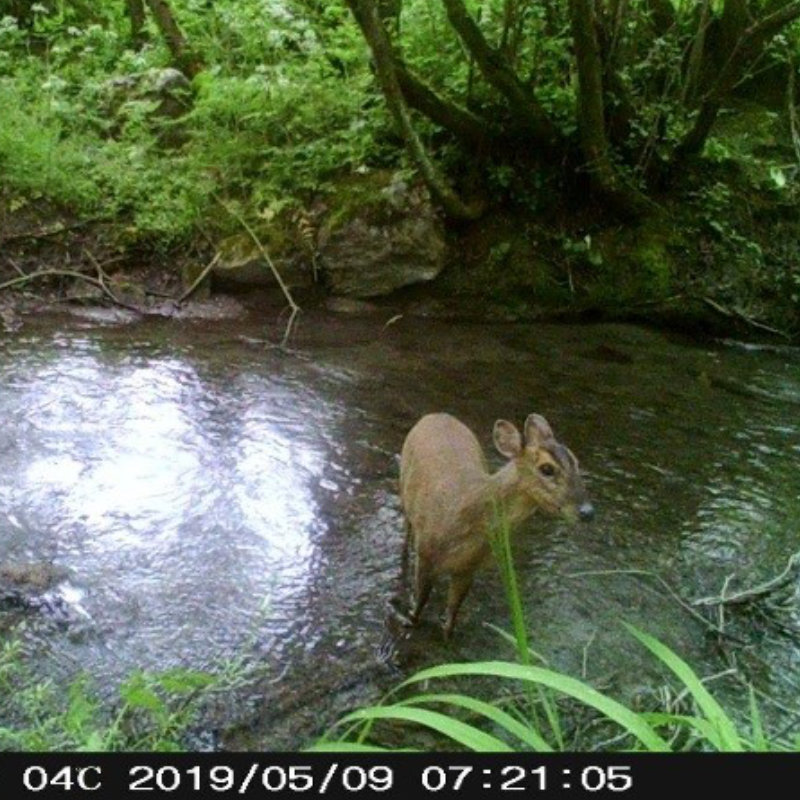
Rabbits and squirrels are a common sight on the open fields of the farm along with hares, weasels, stoats and pole cats. Herds of roe deer, muntjac, and fallow deer are a regular treat for visitors. In fact, there aren’t many British species of wildlife that you won’t find here at Eastbrook! It doesn’t stop on the land either, James has spotted many otters and even a beaver in the waterways.
Farm landscape
“The diverse population of wildlife at Eastbrook farm is given a helping hand by the habitat and landscapes found in Bishopstone … Over the 1,500 acres of the farm there is a significant change in habitat. At the top end of the farm there are vast chalk downs which follow through to clay soils and woodland.”
As part of the ProHides project additional stream habitats have been added. Log piles and nest boxes were built in coppiced woodlands and kingfisher nesting sites established.
“One of my favourite places for photography during the summer months is the wildflower meadow in the chalk valley. In a good year, there are even five types of orchid available to see: the common orchid, fragrant orchid, spotted orchid, pyramidal orchid, and the bee orchid – and these are just the ones we’ve identified so far, there could be many more”
How organic helps
Organic farming methods create a nurturing habitat for wildlife. With no machine tram lines through crops, ground nesting birds breed and raise their young securely without the risk of being disturbed. Corn buntings, skylark and wagtails all benefit from this and are abundant around the farm.
Plants and wildflowers are planted as cover crops to provide a stable food source and to attract pollinators. Brilliant news for the bees, and for us! 1 in 3 mouthfuls of food depend on pollinators – so protection of bees in organic farming is critical for continuing a sustainable food source.
The weather may be felt too hot this summer, but conditions have been beneficial for the birds we see here during the cooler months. Hedgerows are weighed down with fruit and avian food such as hawthorn, apples, soft fruits and nuts. We are expecting huge numbers of feathered visitors over the coming months, particularly flocks of of redwings and fieldfare.
Organic Farm Experience
For more information on how to visit the farm click here. Visit our Facebook page for more information and updates.
Make a difference
Helen Browning’s Organics supplies delicious, award-winning grass-fed beef and pork to customers across the UK with next-day delivery. Shop organically and help to support more sustainable and natural farming systems. One small swap can make one big difference!
